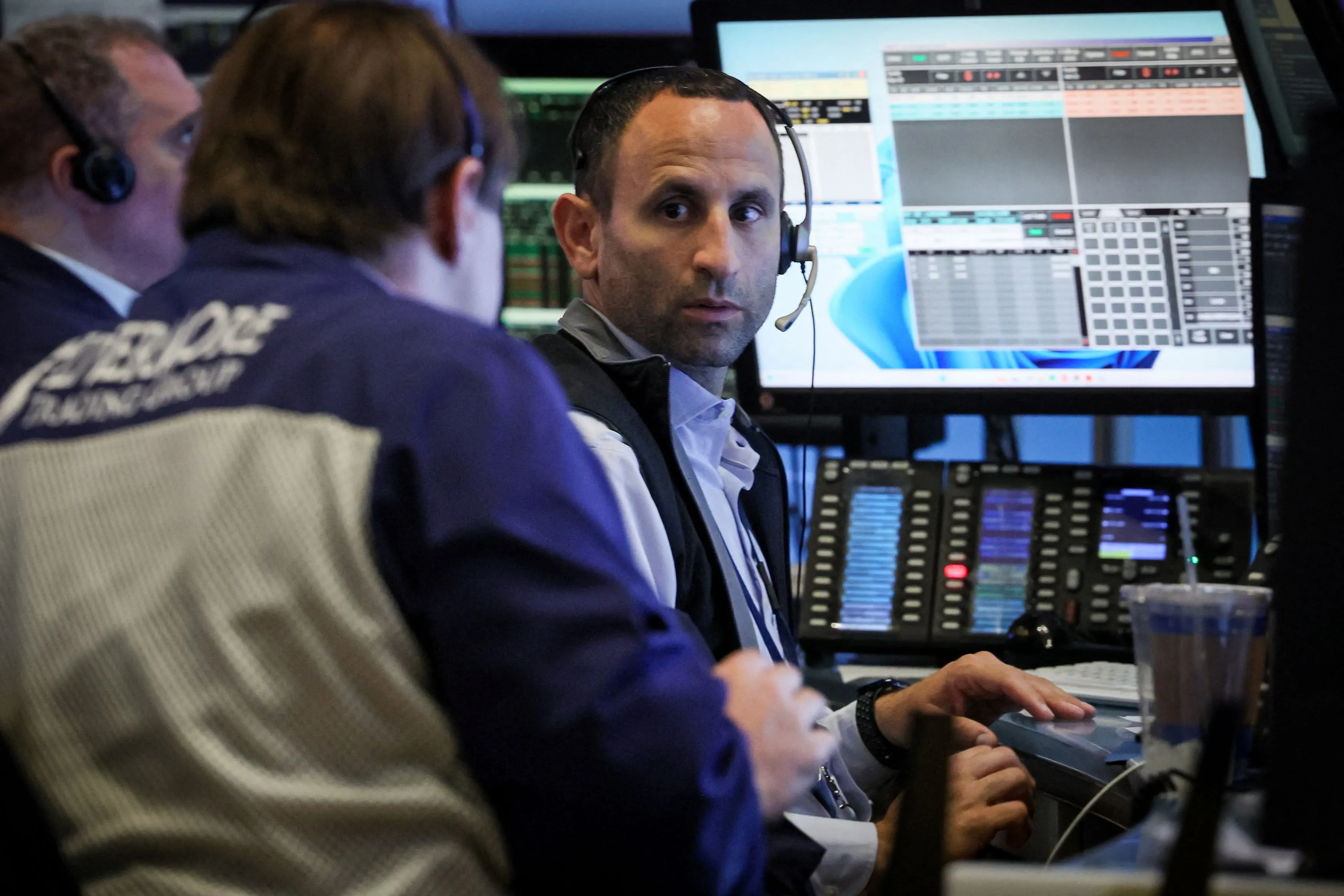Retail investors made a dramatic return to the spotlight this week as meme-stock mania once again gripped parts of the market. Despite the S&P 500 reaching new record highs, many individual traders couldn’t resist the allure of quick profits from stocks of struggling companies, especially those heavily targeted by short sellers. From Opendoor Technologies Inc. to Kohl’s Corp., names that were off the radar just weeks ago surged as social media buzz fueled a new wave of speculation.
Among the retail traders was a self-proclaimed “conservative” investor who spent $20,000 on Opendoor shares, a 20-year-old student who bet $2,000 on Kohl’s options, and another who used ChatGPT to guide his stock picks. Their moves illustrate the rising role of individual traders armed with online tools, social media, and artificial intelligence in driving dramatic price movements—especially in volatile, lightly traded stocks.
Opendoor, a technology-driven home-flipping company, led the charge after being largely forgotten due to stagnation in the housing market. The stock’s rally began last week and intensified this week, kicking off a frenzy that swept up other names like GoPro Inc., Krispy Kreme Inc., and Kohl’s. Even as major indexes surged and more stable assets performed well, a subset of retail traders pursued these more speculative opportunities, hoping to catch big gains before the party ended.
The return of meme-stock trading—although it lost steam by Friday—reflected the overall bullish atmosphere across markets. Everything from cryptocurrencies to special purpose acquisition companies (SPACs) rallied in sync with the S&P 500. For some, this revival was reminiscent of 2021, when the rise of GameStop captured headlines and toppled hedge fund Melvin Capital. Today’s meme traders operate with more experience and refined strategies, often organizing themselves through platforms like Reddit and Discord.
Mikey Moran, a 48-year-old business owner from Atlanta, jumped into Opendoor after seeing a Reddit post praising the company. Although he typically invests cautiously, Moran decided to buy $20,000 worth of Opendoor stock at $1.99. The company, which uses AI-driven tools to make fast offers on homes, had been trading under $1 and faced potential delisting. However, it rebounded strongly, especially after Eric Jackson of EMJ Capital began speaking positively about the company online.
Moran, who had just sold a house himself after waiting a year, believed Opendoor could thrive if housing conditions improved. But when the stock soared 43% in one day, closing at $3.21, he sold his shares for a $12,000 profit. By Friday, the stock settled at $2.54. “You have to get in early, or you risk being caught in the crash,” he said. Moran avoided jumping into Krispy Kreme and GoPro, dismissing them based on personal experience. “There’s never a line at my local Krispy Kreme, and I own a GoPro I never use,” he added.
Meanwhile, 20-year-old college student Adit Dayal from New York took a similar approach with Kohl’s. After spotting chatter on social media, he bought $2,000 worth of call options early Monday, anticipating a short squeeze. He exited the trade within 24 hours, earning a sizable return. Kohl’s gained 9% Monday and soared 38% the following day before ending the week at $12.79. “With options, timing is everything,” he said. “These moves are wild, but that’s what creates the payoff.”
Some traders chose to stay in longer. Kyle Dijamco, a 30-year-old marketing manager from Los Angeles, started following Opendoor discussions on TikTok and X.com. An experienced trader who routinely reviews corporate filings, Dijamco was intrigued by Opendoor’s unique market position. He invested $70,000 when the stock was around $1.20 and has stayed in, despite enduring a sharp two-day drop.
Dijamco is holding until the company’s upcoming shareholder meeting and August earnings report. “My risk tolerance is high. I have what I need to live,” he said. “Right now, money just feels like numbers on a screen. I’m in this for the potential real upside—not because I want a fancy car or house.”
Justin Kim, a 30-year-old retail trader, used artificial intelligence to inform his decision. Kim invested $5,000 in Opendoor in early July when shares were at 60 cents. Curious how rate cuts might affect specific sectors, he asked ChatGPT which stocks might benefit from lower interest rates. The tool suggested Opendoor, prompting another $5,000 investment when the stock reached 70 cents. Initially, Kim planned to keep buying as long as the stock remained below $30.
However, as online hype increased, Kim remembered the painful lessons of past “dump schemes” like those seen with GameStop and AMC. Once his investment doubled, he cashed out his original stake and left the remainder to ride. “I didn’t make as much as I hoped,” Kim admitted. “But I took my gains early to avoid getting stuck.”
This week’s market action showed that while the meme-stock phenomenon may ebb and flow, it’s unlikely to vanish anytime soon. Social media, retail enthusiasm, and now even AI continue to play key roles in shaping short-term trends and speculative booms. Whether these bets lead to lasting gains—or painful lessons—remains to be seen.

Subscribe to our newsletter!
As a leading independent research provider, TradeAlgo keeps you connected from anywhere.








